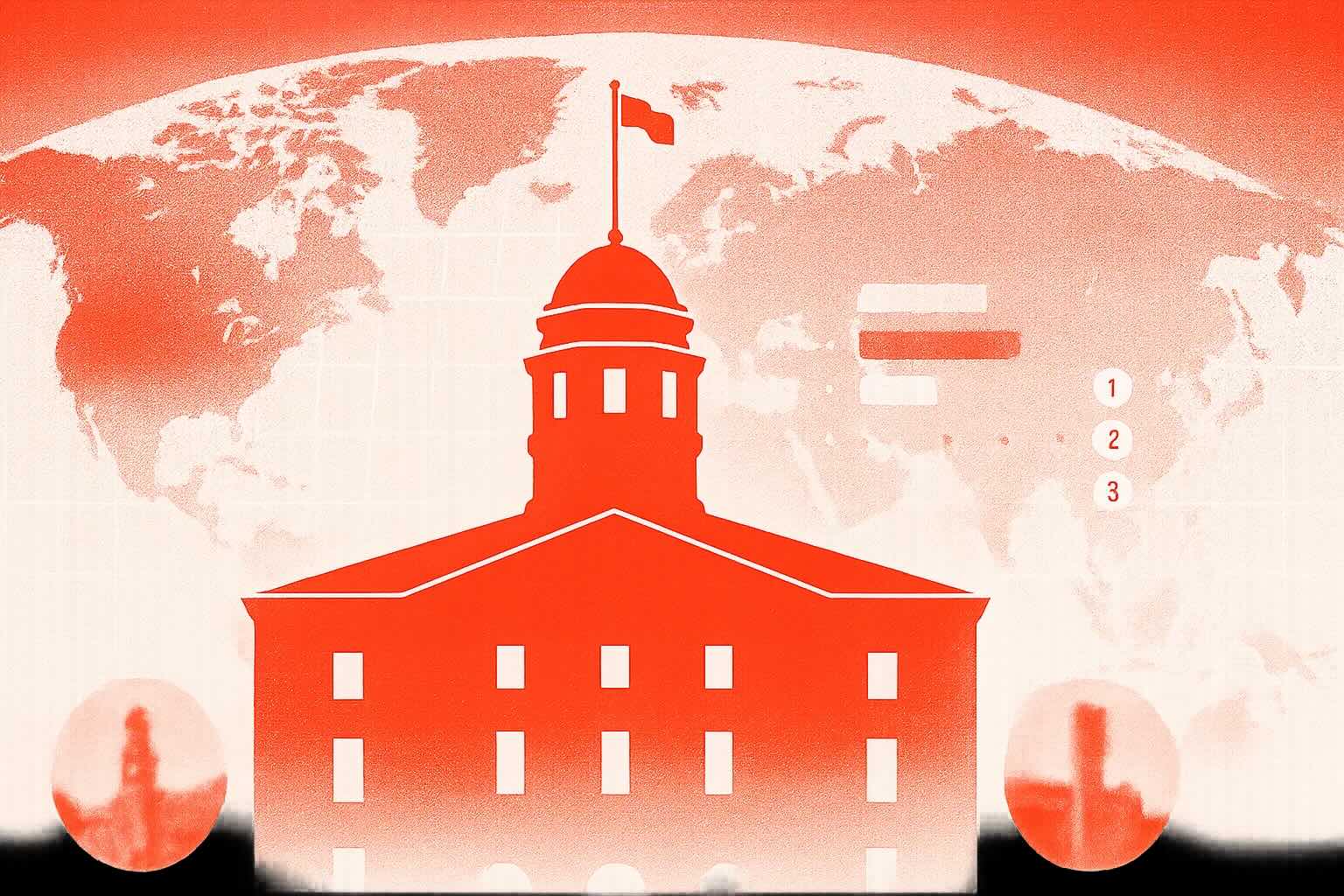
Overview of Canada’s Business Immigration Pathways: Federal and Provincial Options for Investors and Entrepreneurs
Canada offers multiple immigration pathways for individuals who wish to immigrate through entrepreneurship or business investment, including the federal Start-Up Visa (SUV), several federal work permit categories, provincial entrepreneur programs, and the Quebec Immigrant Investor Program. Each pathway carries distinct requirements related to investment amounts, business experience, language proficiency, and documentation. With frequent policy changes and complex due-diligence procedures, many applicants work with immigration lawyers or licensed consultants to select the right program, prepare documentation, and maintain compliance to improve approval outcomes and protect their investment.
12/01/2025

Canada Announces 2026 Study Permit Target: Total Allocation Reduced to 408,000, Down 7% from 2025
On November 25, the Government of Canada officially released its 2026 study permit allocation and distribution plan for international students. According to newly published data from Immigration, Refugees and Citizenship Canada (IRCC), the total number of study permits to be issued in 2026 will be capped at 408,000. This continues the federal government’s trend of tightening temporary resident levels, representing a 7% decrease from the 2025 cap of 437,000 and a 16% decrease compared to 485,000 in 2024. The new plan outlines detailed allocation rules by student category, confirms exemptions from Provincial Attestation Letters (PAL) for master’s and PhD students, and distributes PAL-required application volumes and anticipated approvals across provinces based on population share.
11/27/2025

Canada to Simplify Graduate Study Permit Process in 2026, Removing Provincial Attestation Requirement
Immigration, Refugees and Citizenship Canada (IRCC) has announced that, effective January 1, 2026, international master’s and doctoral students will no longer need to provide a Provincial or Territorial Attestation Letter (PAL/TAL) when applying for a study permit. The policy aims to simplify the application process, maintain the two-week fast-track for doctoral students, and remove all limits on the number of eligible applicants. Qualified students may also include their family members in their applications. The change is expected to further strengthen Canada’s position as a global leader in higher education and research.
11/13/2025

Canada Proposes Bill C-12 to Overhaul Immigration Processing, Potentially Affecting Start-Up Visa Applications
Immigration, Refugees and Citizenship Canada (IRCC) has introduced Bill C-12, aiming to modernize and strengthen the management of Canada’s immigration system while addressing long-standing backlogs. If passed, the bill would grant the Minister expanded authority to pause or terminate the processing of certain immigration categories. Analysts suggest that the Start-Up Visa (SUV) program — already facing significant application backlogs — could be among the most directly affected, particularly for applicants supported by designated business incubators that fail to comply with Ministerial Instructions (MI72).
10/23/2025

QS 2026 Best Student Cities Revealed: Four Canadian Cities in Top 100
Global higher education analyst Quacquarelli Symonds (QS) has recently released its 2026 Best Student Cities ranking. Four Canadian cities—Montreal, Toronto, Vancouver, and Ottawa—have secured spots in the top 100. While these cities are lauded for their excellent student feedback, diversity, and university quality, their overall scores are weighed down by consistently low marks in affordability. Notably, all four cities have seen a significant drop in their rankings compared to the previous year. This trend not only reflects a broader challenge faced by North American cities but also introduces new factors for international students to consider when planning their education in Canada.
07/20/2025

Policy Reversal: Canada Postpones Tightening of PGWP Rules, More International Students to Benefit
In a surprise announcement, Immigration, Refugees and Citizenship Canada (IRCC) has revealed it will postpone the implementation of a highly-watched measure to tighten eligibility for the Post-Graduation Work Permit (PGWP). Certain study programs slated for removal from PGWP eligibility on June 25, 2025, will now remain eligible until early 2026. This adjustment not only safeguards students who applied for study permits during the policy transition period but has also temporarily increased the total number of PGWP-eligible programs, marking a significant boon for students in non-degree college programs, who are the primary group affected.
07/16/2025

Canada Adjusts Financial Requirement for International Students, Effective September
Immigration, Refugees and Citizenship Canada (IRCC) announced on June 2, 2025, an upcoming adjustment to the proof of funds requirement for study permit applicants. Effective September 1, 2025, a single applicant will need to demonstrate access to at least C$22,895 for living expenses. The change, which excludes applicants destined for Quebec, is intended to ensure the financial threshold accurately reflects Canada's current cost of living.
07/04/2025

Canada Overhauls PGWP-Eligible Programs to Align with 2025 Labour Market Demands
On June 25, Immigration, Refugees and Citizenship Canada (IRCC) announced a sweeping overhaul of the eligible fields of study for the Post-Graduation Work Permit (PGWP). The changes, designed to align the program with Canada's projected labour market needs for 2025, introduce 119 new eligible programs while removing 178. The new policy heavily favors fields such as healthcare, education, and the trades, while significantly scaling back eligibility for programs in transport and agriculture. These adjustments will primarily impact international students in non-degree programs who apply for their study permit on or after November 1, 2024.
06/26/2025

McGill University Named Canada's Top Institution in 2026 QS World University Rankings, with Four Schools in Global Top 100
The global higher education analyst Quacquarelli Symonds (QS) has released its highly anticipated 2026 World University Rankings. This year's edition highlights a major shift in Canada's top-tier academic landscape: McGill University in Montreal, ranked 27th globally, has surpassed the long-reigning University of Toronto (29th) to become the nation's highest-ranked institution. The University of British Columbia and the University of Alberta also secured their places within the global top 100. This article provides an in-depth analysis of the performance and key metrics of Canada's leading universities, along with an essential guide for prospective international students on applying for a Study Permit and a Post-Graduation Work Permit (PGWP).
06/25/2025

Unlocking the Career Door for International Students in Canada: Essential Guide to Applying for the Post-Graduation Work Permit (PGWP)
For many international students aspiring to work and settle in Canada, obtaining a Post-Graduation Work Permit (PGWP) is a crucial first step. Immigration, Refugees and Citizenship Canada (IRCC) clearly states that PGWP eligibility hinges on studying at a qualified Designated Learning Institution (DLI) and enrolling in a PGWP-eligible program. Notably, beginning November 1, 2024, graduates at certain study levels will face new language proficiency and field of study restrictions. This report provides a detailed interpretation of IRCC's relevant regulations, guiding international students on how to choose schools and programs correctly to ensure successful PGWP acquisition.
05/12/2025